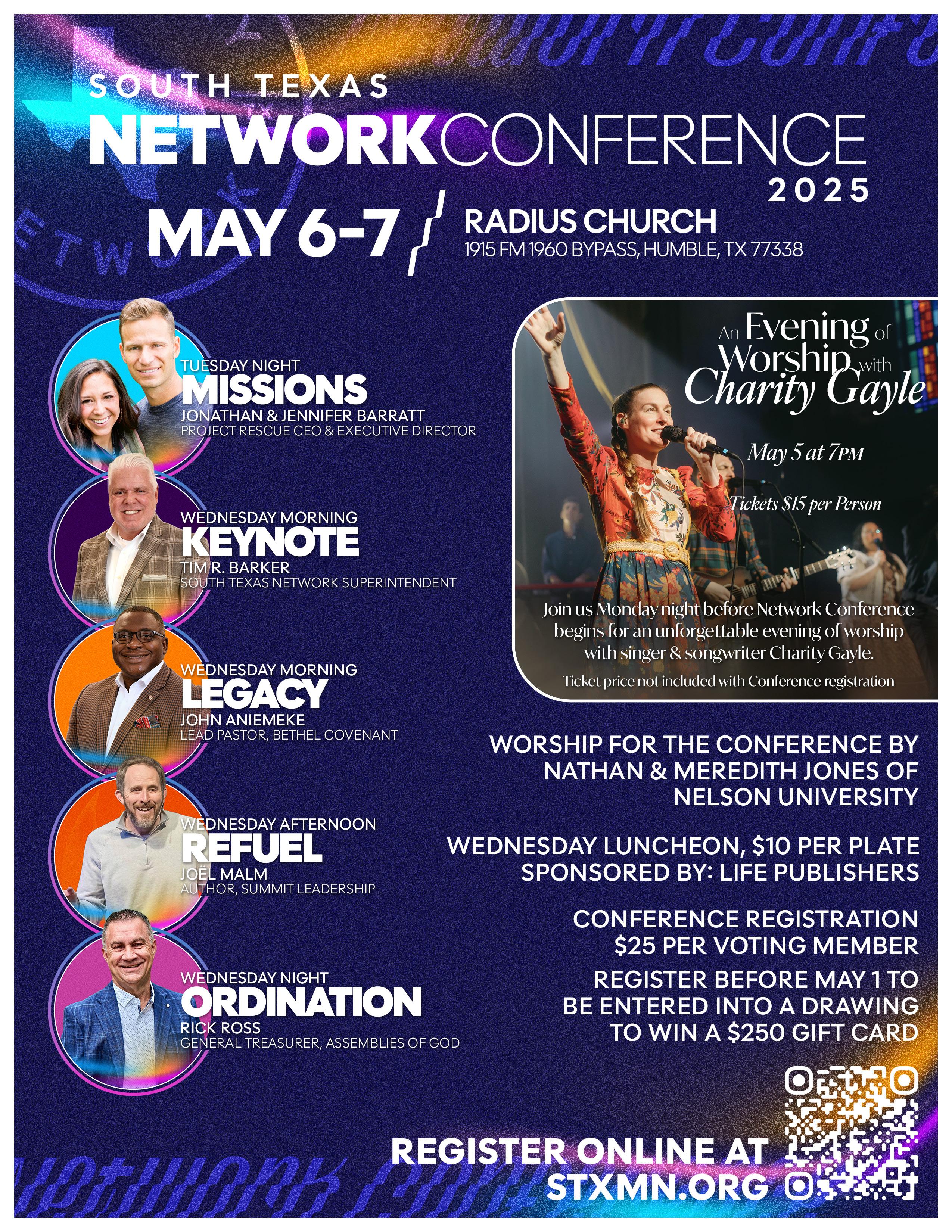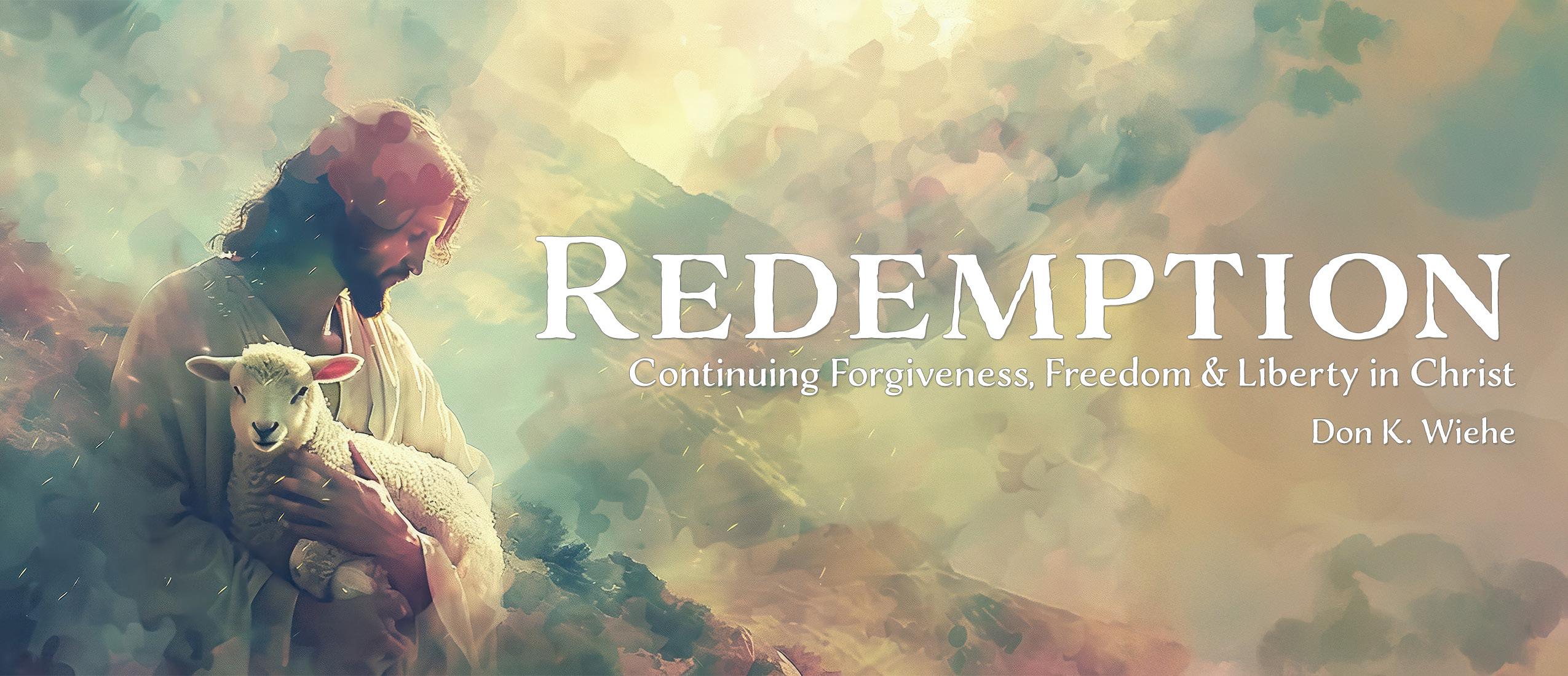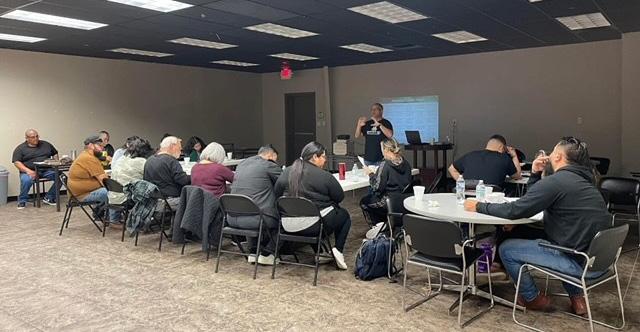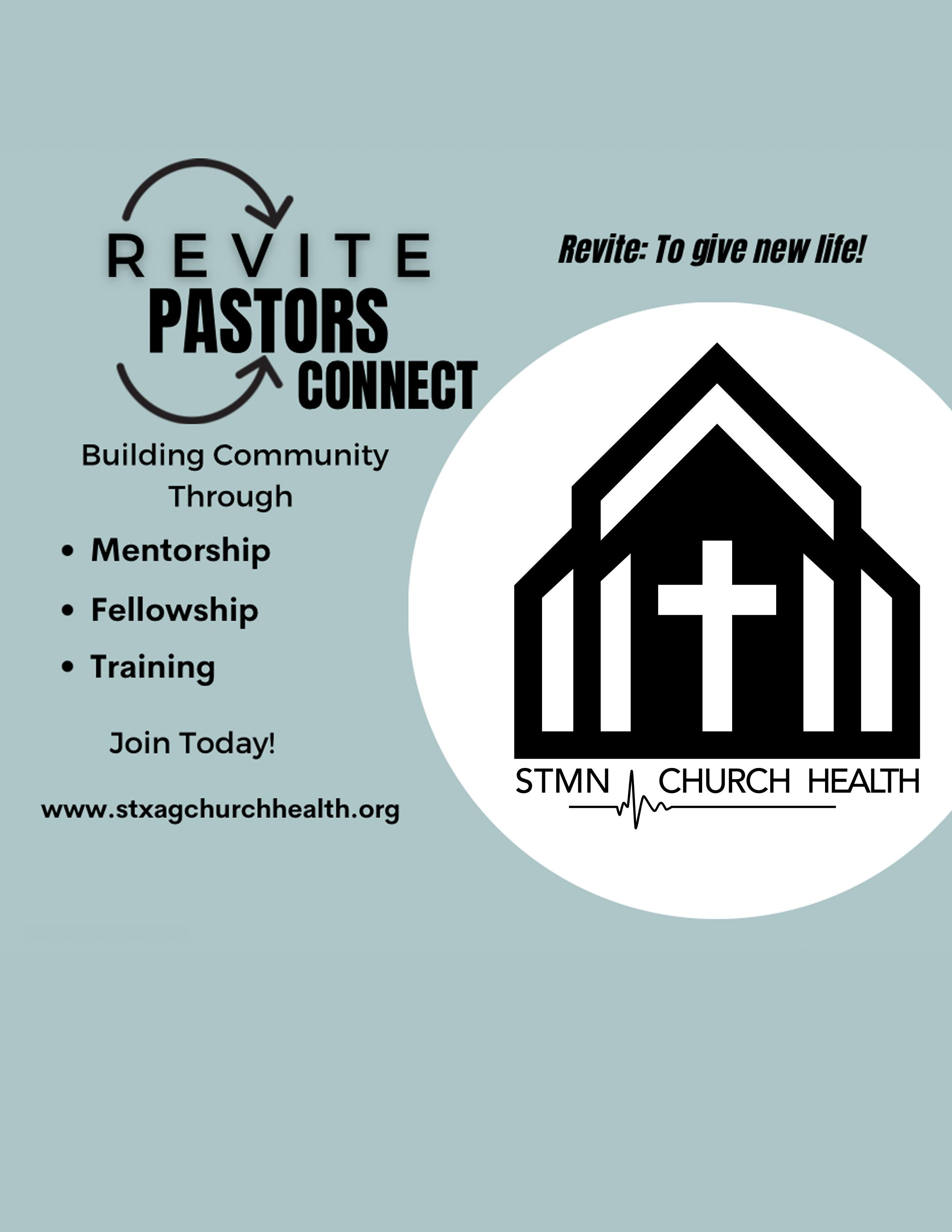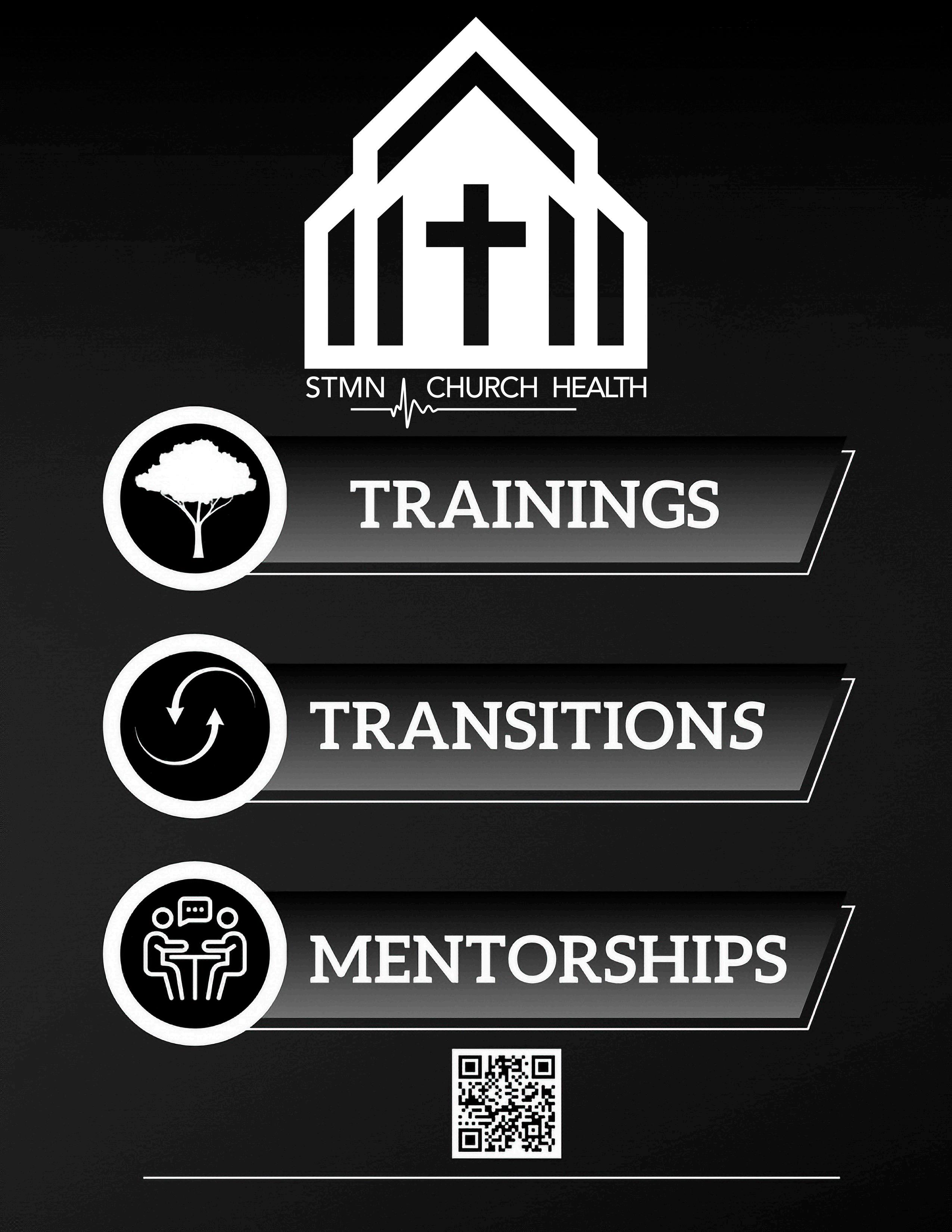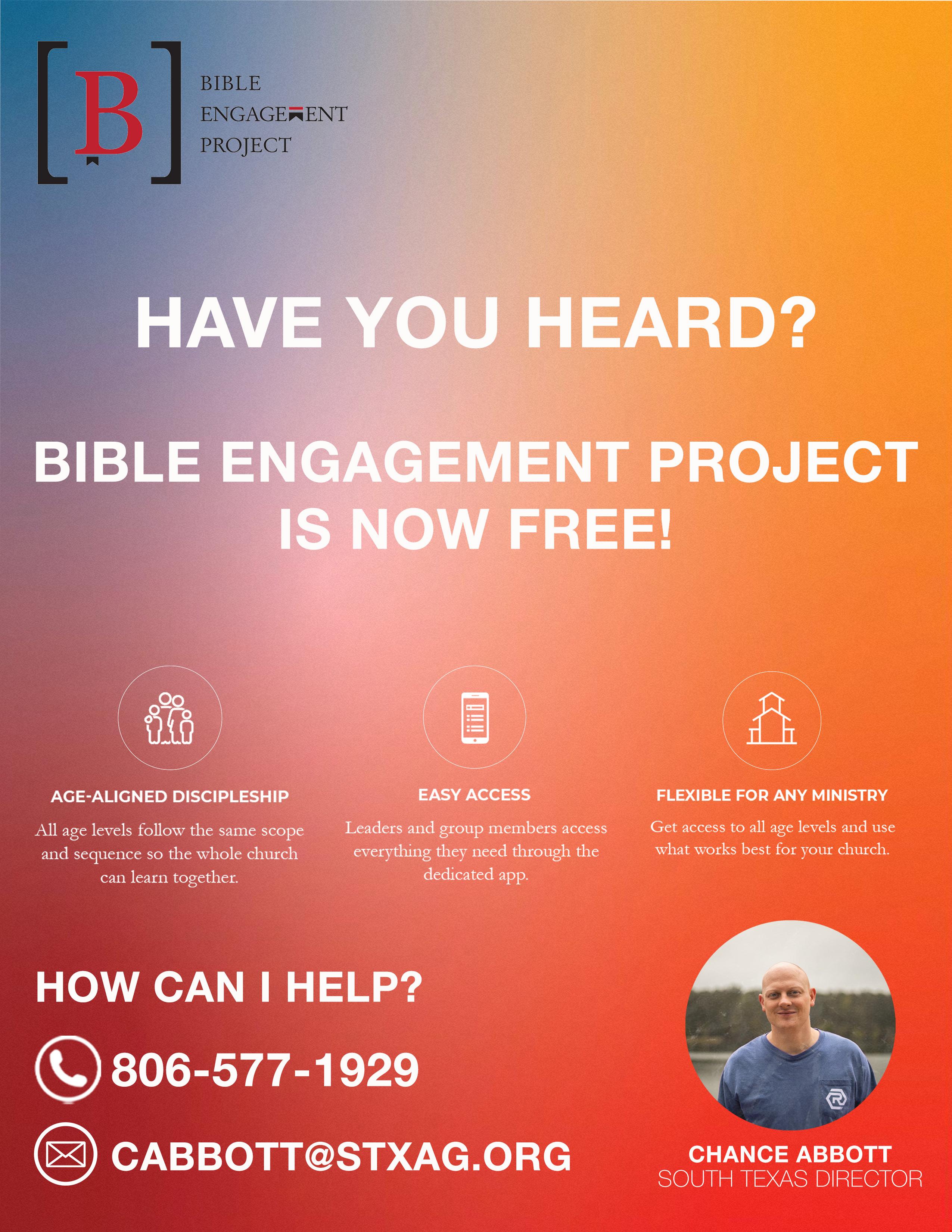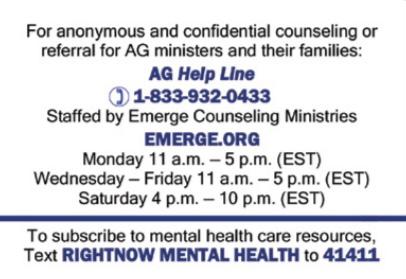Every day, we are being judged—by the words we speak, the actions we take, and the love we show to those we encounter. This holds true for everyone, whether in the world or within the Church. Sadly, many Christians live in a way that leaves the world unsure of which side they stand on.
Jesus’ teachings draw a clear line between outward appearances and true sincerity. They distinguish between pretense and real substance, between merely saying we love others and truly loving them.
Scripture reminds us that both sheep and goats will co-exist within the Church, but ultimately, God will separate them. The critical question we must ask ourselves is: which side are we on? Our actions, more than our words, reveal our choice to those around us, both in the Church and in the world.
The world often judges Christianity, not by our preaching, but by our actions. The authenticity of the Gospel is proven through the way we live, not just through stories of miracles. We cannot claim to preach Christ and fail to reflect His nature in our lives. The world will not accept a Christian who doesn't live like Christ!
We won’t win people to Christ through miracles alone; it’s through living out authentic Christianity—by embodying Christ’s character in all that we do—that we draw others to Him. Scripture teaches that God values godly character above all, even over ministry work.
Jesus warned that some will say, “Lord, we performed miracles in Your name,” but He will reply, “I never knew you.”
So, how can we be sure of our salvation? What testimony do we give of our steadfastness in Christ? Our testimony comes through the way we live out our commitment to Him, demonstrated by the Fruit of the Spirit in our daily actions. When we show the love of Christ, people will notice. More importantly, our Lord will notice, and one day, we will hear Him say, “Welcome home, thou good and faithful servant.”
Tim R. Barker
South Texas Ministry Network Superintendent
“And forgive us our sins, as we have forgiven those who sin against us. And don’t let us yield to temptation, but rescue us from the evil one.” Matthew 6:12, 13 NLT
The entire Biblical record can be summed up in one word, “redemption”. God’s heart toward mankind is to redeem us from sin. From Genesis to Revelation the Lord reassured mankind of His love and foretold how He would destroy the enemy of our soul, redeeming us from the affects of sin caused by our rebellion against God. The weight of sin is too much for us to bear. It is a curse of our own making resulting in eternal damnation. There is nothing greater for a person than to experience the forgiveness of sin - a new life, a new heart, a cleansed conscience and a living relationship with God.
“And I will cause hostility between you and the woman, and between your offspring and her offspring. He will strike your head, and you will strike his heel.” Genesis 3:15 NLT
From the very beginning the Lord loved mankind and planned to make a way of forgiveness through the shedding of blood. In Genesis it was prophesied. In Exodus it was shown through the Passover. And Leviticus revealed the details of temple sacrifice. But all of these were only a foreshadowing of complete forgiveness and the creation of a new heart extended to mankind through the sacrifice of Jesus on the cross of Calvary. Jesus’ death, burial and resurrection from the dead fulfilled all righteousness, offering to us forgiveness of sin, creating in us a new heart and giving us the hope of eternal life.
John 3:3; 2 Corinthians 5:17; Hebrews 7:27; Hebrews 10:1-18
“Just think how much more the blood of Christ will purify our consciences from sinful deeds so that we can worship the living God. For by the power of the eternal Sprit, Christ offered himself to God as the perfect sacrifice for our sins.” Hebrews 9:14 NLT
So in order for us to continue in the forgiveness, freedom and liberty that we have in Christ we must forgive others when they sin against us. It is my opinion that the binding and losing about which Jesus teaches has to do with us forgiving others when they sin against us and is a direct result of what happens in us when we either forgive or not forgive. In order to stay free we must forgive. “If you forgive those who sin against you, your heavenly Father will forgive you. But if you refuse to forgive others, your Father will not forgive your sins.” Matthew 6:14-15 NLT
“Instead, be kind to each other, tenderhearted, forgiving one another, just as God through Christ has forgiven you.” Ephesians 4:32 NLT “Make allowance for each other’s faults, and forgive anyone who offends you. Remember, the Lord forgave you, so you must forgive others.” Colossians 3:13 NLT
Parable of the Unforgiving Debtor
“Then Peter came to him and asked, “Lord, how often should I forgive someone who sins against me? Seven times?” “No, not seven times,” Jesus replied, “but seventy times seven! “Therefore, the Kingdom of Heaven can be compared to a king who decided to bring his accounts up to date with servants who had borrowed money from him. In the process, one of his debtors was brought in who owed him millions of dollars. He couldn’t pay, so his master ordered that he be sold—along with his wife, his children, and everything he owned— to pay the debt. “But the man fell down before his master and begged him, ‘Please, be patient with me, and I will pay it all.’ Then his master was filled with pity for him, and he released him and forgave his debt. “But when the man left the king, he went to a fellow servant who owed him a few thousand dollars. He grabbed him by the throat and demanded instant payment. “His fellow servant fell down before him and begged for a little more time. ‘Be patient with me, and I will pay it,’ he pleaded. But his creditor wouldn’t wait. He had the man arrested and put in prison until the debt could be paid in full. “When some of the other servants saw this, they were very upset. They went to the king and told him everything that had happened. Then the king called in the man he had forgiven and said, ‘You evil servant! I forgave you that tremendous debt because you pleaded with me. Shouldn’t you have mercy on your fellow servant, just as I had mercy on you?’ Then the angry king sent the man to prison to be tortured until he had paid his entire debt. “That’s what my heavenly Father will do to you if you refuse to forgive your brothers and sisters from your heart.” Matthew 18:21-35 NLT
The Lord wants you to enjoy the forgiveness found only in Christ, but the promise to remain free and forgiven is found in how we extend forgiveness to those who have sinned against us. Forgive and stay free!
The Blood Will Never Lose It’s Power - Andrae Crouch
The blood that Jesus shed for me
Way back on Calvary
The blood that gives me strength
From day to day
It will never lose its power
It reaches to the highest mountain
It flows to the lowest valley
The blood that gives me strength
From day to day
It will never lose its power
It soothes my doubts and calms my fears
And it dries all my tears
The blood that gives me strength
From day to day
It will never lose its power
Announcing SAGU tuition discount’s for ministry majors and credentialed AG ministers/missionaries and dependents:
All students living on-campus and are ministry majors receive 50% o tuition including all federal, state, and SAGU scholarships and grants have been awarded. Students must be seeing a bachelor’s degree in Ministry related degrees, enrolled full time and live on campus, and complete a FAFSA at www.studentaid.gov Details are at: www.sagu.edu/50
Lastly, All Assemblies of God credentialed ministers/missionaries and dependents receive discounts on tuition. Details are at:
Surprise, Surprise, Did You Know?
This year at the Assemblies of God Leadership Conference in Branson Missouri, we all learned something. It was quite a surprise. None of us knew, even Bob Cook, our National Seniors Ministries Director and our own Network Superintendent! Here it is:
Did you know that May is designated as National “Seniors Adult Month” for the Assemblies of God! We only have two other “months” with a special emphasis each year, September is “Discipleship Ministries Month”. and October is designated as “Ministers Appreciation Month”. It’s not surprising to me that no one knew! Ministry to Seniors is usually not at the top of the ministry priority list. But no demographic has greater needs than our Seniors, and no group has collectively served the church, studied the word, prayed more and experienced God’s faithfulness more! What a rich treasure they are!
If you are a Pastor, why not do something special for your Senior Adults this May? Listen, do it to highlight their faithfulness over the years and decades and their high value to the church today! It is far more important what is happening with them in their local church than anything we can do on a Network or national level. Check out our “Seniors With Purpose” website, stxagseniors.com, for some ideas and helps with Ministry to Seniors!
We would be honored to come speak to your Seniors Group or in a church service anytime but especially in May. We also would be available to assist churches in beginning a structured ministry for Seniors!
Both old and new Testaments give special instructions and responsibilities for the care for and ministry to Seniors! But, just as much, they need to be involved, integrated strategically into the “work of the ministry” in the Local Church! “They shall still bear fruit in old age; They shall be fresh and flourishing.” Ps 92:14. That verse has become a national theme verse for Seniors Ministry. Here are the Seniors With Purpose 2025 events scheduled for our Seniors:
1. The Senior Summit- This year’s Theme is “I Am Determined”. Still time to register and be a part of this wonderful Seniors Event with Guest Speaker, Randy Hurst; Musical Guests, Geron Davis and Kindred Souls; Special presentation by Jorge Marsal; You can sing in the choir; Golf tournament Tuesday afternoon; Pastor Scott Briggs leading our Communion Service! Great food, fellowship, Fun times, games. Come on…Join us! Register today on the Network Website: www.stmn.org.
2. Yearly SWP Fishing Trip, May 19-23. For details call or text 210-326-8130.
3. Annual SWP Fish Fry. This year it will be held at the Houston Wilderness Park on Memorial Day, May 26. Anyone can come, but this will be geared to our Network Seniors. There is a per-person charge to cover the cost of facilities rental, all the plates glasses plasticware, etc. Check the SWP Website later this month for more info.
4. Noah’s Ark Trip. This is an 8-day, Motorcoach trip with a number of sightseeing stops, Aug 30- Sept 6. To receive a brochure email the request to: rwcpc47@gmail.com. Your church/Pastor will also receive the flyer with all the information.
Wayne and Judy Clark
STXMN
Seniors With Purpose
WHAT IS “MISSIONS GIVING CREDIT” ANYWAY?
When you give to missions, you are affecting the lives of people all around the world, giving them the hope of eternal life and helping them to live a life of hope here on earth! In short, your generosity can be the key to reaching the world with the gospel!
So, if we have such a high call to give to missions, why bother with things like filling out Missions Giving Credit forms and what does it mean for the local church? When your church gives to missionaries and various missions ministries, each dollar given is totaled and credited to your church and to the District/Network you are a part of. But sometimes there are other mission-focused outreaches and ministries that your church may do, which the National Office has no idea. These Missions Giving Credit forms are just for that: a place to give you credit for what you are doing in all areas of missions.
Do we do this as a competition with other churches? Not at all! We give certificates and Top Giver awards to say “thank you” for all you do for missions! It also can be used as a “marker” or challenge for your congregation to continue advancing in missions giving each year. The size of your congregation makes no difference! Every church can give to missions, no matter how big or small. We also give an annual award for the Top 3 “Per Capita” Missions Givers, which shows how much those churches give to missions annually per person in the congregation. Everyone can reach the nations!
How do I do this? Go to stxagmissions.org & under “resources,” you will find the Missions Giving Credit Form and the National Guidelines. These reports can be sent to the STMN Missions Office either quarterly or annually. The deadline for the end of the year report is January 10th, to allow us to get it to the National Office by their due date! Let your administrator or accountant know so they can help you put this all together! If you have any questions, please call or email the STMN Missions Department. We’ll be glad to help you in any way we can!
STMN To The Nations!
Roger & Debbi Audorff
STMN Missions Directors raudorff.stxag@gmail.com
Here is a sneak peek at our new STMN Logo. You can find it on the stxagmissions.org website and in missions communications!
DIVINE HEALING
POSITION PAPER
(Adopted by the General Presbytery in session August 9-11, 2010)
From its inception the General Council of the Assemblies of God has recognized divine healing for the whole person as an important part of the gospel, the good news, which Jesus commissioned His disciples to proclaim. The Assemblies of God constitution in its Statement of Fundamental Truths, section 12, states, “Divine healing is an integral part of the gospel. Deliverance from sickness is provided for in the Atonement, and is the privilege of all believers (Isaiah 53:4,5; Matthew 8:16,17; James 5:14–16).”1
Though it is impossible in a brief paper to cover all the implications of this statement or answer all the questions that are raised concerning it, we shall attempt to show that the statement is scripturally sound. I. Divine Healing Is an Integral Part of the Gospel
The ministry of both Jesus and the apostles gives evidence that divine healing was integral to the proclamation of the gospel message. It was an important witness to Jesus as the revelation of the Father, the promised Messiah, and the Savior from sin (see John 10:37,38). The Bible shows a close connection between the healing ministry of Jesus and His saving, forgiving ministry. His power to heal was actually a witness to His authority to forgive sins (Mark 2:5–12). Frequently the gospel writers testify that His healing miracles parallel His preaching of the gospel, both being the purpose of His ministry (Matthew 4:23; 9:35,36).
People came from all directions both to hear Him and to be healed (Luke 5:15; 6:17,18). He never turned any away but healed all varieties of sicknesses, diseases, deformities, defects, and injuries (Matthew 15:30,31; 21:14). He also delivered people from demons and the problems they caused (Matthew 4:24). Jesus recognized that sickness is ultimately the result of the fall of humans into sin, and in some instances may be linked to specific sin (John 5:14) or to the activity of Satan (Luke 13:16). He recognized also, however, that sickness is not always the direct result of specific sin (John 9:2,3). There were times when it was rather an opportunity for God to be glorified (Mark 2:12).
Miracles of healing were an important part of the works God sent Jesus to do (John 9:3,4). This is in line with the Old Testament revelation of God as the Great Physician, the Lord who heals (Exodus 15:26; Psalm 103:3, where the Hebrew participles used in both cases indicate it is God’s nature to heal). Jesus’ ministry showed that divine healing is still a vital part of God’s nature and plan. Healings also helped to identify Jesus as the promised Messiah and Savior. Jesus fulfilled the prophecy of Isaiah 53:4: “Surely he took up [lifted and took away] our infirmities and carried [as a heavy load] our sorrows.” (“Infirmities,” choli, is the same word used of physical sickness and disease in Deuteronomy 28:59,61; 2 Chronicles 16:12; 21:15,18,19; Isaiah 38:9. “Sorrows,” makob, is the same word used of physical pain in Job 33:19.) Matthew, in the account of Jesus’ healing of Peter’s mother-in-law, sees this Isaiah passage fulfilled in the healing ministry of Jesus: “This was to fulfill what was spoken through the prophet Isaiah: ‘He took up our infirmities and carried our diseases’ ” (Matthew 8:17).2
Isaiah also ties the sufferings of the Servant to the provision of salvation, a ministry fulfilled by Jesus (Isaiah 53:5,6). His sufferings were for our sins and lead to our peace with God: “And by his wounds we are healed” (Isaiah 53:5). The Isaiah context and the reference to it in 1 Peter 2:24,25 emphasize especially the healing or restoration from sin. However, in view of the emphasis on physical sickness in Isaiah 53:4, it is clear that these passages teach that the gospel to be introduced by the Suffering Servant, Jesus, includes healing from both the spiritual and physical effects of the fall of the human race into sin recorded in Genesis 3.
When John the Baptist was imprisoned, he questioned whether Jesus was actually the promised Messiah or just another forerunner like himself. Jesus responded by calling attention to His messianic works that linked miracles and the preaching of the gospel to the poor (Matthew 11:4,5). Again, healing was an important witness, an integral part of the gospel (Isaiah 61:1,2; Luke 4:18; 7:19–23).
Divine healing continued to be an integral part of the gospel through the ministry of the apostles and the Early Church. Jesus sent out the Twelve and the Seventy-two to preach and to heal the sick (Luke 9:2; 10:9). After Pentecost “many wonders and miraculous signs were done by the apostles” (Acts 2:43). Luke wrote the Book of Acts as an extension of the story of what Jesus did and taught, not only through the apostles but through a Church filled with the Holy
Spirit (Acts 1:1,8; 2:4).
The working of miracles, including divine healing, was not limited to the apostles. The promise of Jesus was to all believers (John 14:12–14) who would ask in His name (that is, those who recognize His authority and conform themselves to His nature and purposes). God used deacons such as Philip to preach and heal (Acts 8:5–7) and an otherwise unknown disciple, Ananias, to bring healing to Saul (Paul) (Acts 9:12–18).
The gospel message includes the provision of spiritual gifts through the Holy Spirit to the Church, among which are the gifts of healings (1 Corinthians 12:7). All of these gifts, including that of healing, continue to edify or build up the Church and offer hope to every believer. Moreover, James asserts that healing is a normal aspect of the regular meetings of the Church. Whenever the community of faith is gathered, anyone who is sick may request prayer for healing (5:14). We are assured that divine healing is an ongoing manifestation of the gospel in the current day, and will continue until the return of Jesus.
II. Divine Healing Is Provided in the Atonement
The ministry of the priests under the Law foreshadowed the ministry of the great High Priest, Jesus Christ, who is able “to sympathize with our weaknesses (astheneia, weakness, sickness, disease, timidity, infirmity)” (Hebrews 4:14,15).
The Old Testament priests, through the sprinkling of the blood of the sacrifices, made atonement for the sins of the people.
An examination of the concept of atonement in the Bible shows that in most cases it refers to a ransom price paid for redemption and restoration, which points to the redemption through Christ accomplished by the shedding of His blood in our behalf. The apostle Paul described it this way: “God presented him as a sacrifice of atonement, through faith in his blood” (Romans 3:25).
The phrase, “sacrifice of atonement,” translates the Greek hilastrion, which can be also translated expiation, propitiation, atonement, or mercy seat. Leviticus 16 records God’s expectations for Israel’s Day of Atonement and the ministry of the high priest sprinkling the blood of a sin offering on the atonement cover (the solid gold lid on top of the ark of the covenant). The ark contained the stone tablets of the Law, which the people had broken. The broken Law called for judgment and death. But when the blood of a spotless lamb was sprinkled, prophetically anticipating the sinless life of Christ, God saw that sinless life instead of the broken Law and could give mercy and blessing.
The primary purpose of the atonement was cleansing from sin (Leviticus 16:30). It is also clear, however, that atonement brought release from the penalty and consequences of sin in order to bring restoration to God’s blessing and favor. When the people of Israel complained after the judgment that followed the rebellion of Korah, Dathan, and Abiram, God sent a plague on the Israelites. Moses sent Aaron out into the midst of the congregation, where he made atonement for them, and the plague was stopped (Numbers 16:47,48). The Law of Moses required that when the men of Israel were numbered, they were each to give a half shekel atonement offering for their redemption and to prevent a plague from coming upon them (Exodus 30:11–16). Atonement thus provided cleansing from sin and its consequences, including sickness and disease.
The Bible makes it clear that people could not pay the price for their redemption, so God out of His love and for the glory of His own name provided the ultimate atonement (Romans 3:25; see also Psalms 65:3; 78:38; 79:9; Romans 3:21–28). All this was accomplished through Christ at Calvary (John 3:14–16). There He made a full atonement for the whole person. The New Testament speaks of this as redemption, which has essentially the same meaning as atonement. Through Christ we have received redemption and the forgiveness of sins (Romans 3:24; Ephesians 1:7; Colossians 1:14; Hebrews 9:15).
Redemption, accomplished through the atonement of Christ, provides reconciliation for sin and its consequences. Even where sickness is not the direct result of specific sin, it is still in the world because of sin. Therefore it is among the works of the devil Jesus came to destroy (1 John 3:8) and is thus included in the Atonement.
From the parallel between redemption and atonement, we see that provision for the healing of our bodies is part of the redemption spoken of in Romans 8:23. We receive the forgiveness of sins now in connection with the redemption of our souls. We shall receive the redemption of our bodies when we are caught up
to meet the Lord and are changed into His likeness (1 Corinthians 15:51–54; 2 Corinthians 5:1–4; 1 John 3:2). Divine healing now is a foretaste of this, and, like all the blessings of the gospel, flows from the Atonement.
III. Divine Healing Is a Gift of God’s Grace for All
Just as salvation is by grace through faith (Ephesians 2:8), so all God’s blessings and gifts are ours by His grace, or unmerited favor. They cannot be earned or deserved. It should be noted that instead of demanding healing from Jesus, the New Testament records that people came asking for His compassionate ministry. They did not look on healing as their right, but as a gracious privilege extended to them.
That we cannot earn God’s blessings, including divine healing, should make us realize the importance of cultivating our life in the Spirit, for the Spirit will “give life to your mortal bodies,” and that is our real hope (Romans 8:11). In fact, even though outwardly we are wasting away, inwardly we are being renewed day by day (2 Corinthians 4:16).
It is this inner renewal that makes us best able to have the faith to receive the gift of divine healing. To the woman healed of her twelve-year-long bleeding, Jesus said, “Your faith has healed you” (Mark 5:34). Paul at Lystra, when he saw that listening to his preaching had brought faith to be healed into the heart of a cripple, commanded him to stand up (Acts 14:9,10). Faith is seen also in the Roman centurion who recognized the authority of Christ’s word for the healing of his servant (Matthew 8:5–13) and the Canaanite woman who believed in Jesus for the healing of her daughter (Mark 7:24–30; Matthew 15:28).
That divine healing comes through faith is further confirmed by the fact that unbelief hindered its reception at Nazareth (Mark 6:5,6) and at the foot of the Mount of Transfiguration (Matthew 17:14–20). James 5:15 promises that the prayer of faith offered for the sick by the elders of the church will make the sick well and the Lord will raise them up. Faith, then, receives healing through the simple Word of the Lord. But Jesus did not turn away from those who had little faith or who did not seem to express any faith at all. Those who are sick often find it is not easy to express faith, and Jesus did a variety of things to help them. Some He touched (Mark 1:41; 8:22), took their hands (Mark 1:31; Luke 14:4), or laid His hands upon them (Mark 6:5; 8:25; Luke 4:40; 13:13). Others He helped by a variety of acts, some of which called for faith and obedience on their part (Mark 7:33; 8:23).
Faith, however, had to be in the Lord, not in the means used to help them express their faith. This seems to be the reason for the great variety of means used, lest people get their eyes on the means rather than on God. Faith is trusting the allwise, all-loving, and all-powerful God to respond to the cries of His creation in His own way.
The promise “anyone who has faith in me will do what I have been doing” is closely connected with prayer, asking in Christ’s name (John 14:12–14; 16:23,24). The usage of the name of Jesus is not a formula that can be used by humans to coerce the response of God. His name is the revelation of His character and nature, which we have in us only if we abide in Christ and His words abide in us (John 15:7). As a consequence of this, His will becomes dominant in our lives, conforming our will to His. Thus, our requests in His name are increasingly according to His will, opening the avenue for His responding to our prayers. The revelation of God as “the Lord, who heals you” (Exodus 15:26) cannot be limited to Israel. The healing of the centurion’s servant and the daughter of the Canaanite woman show that healing is the privilege of Gentiles also. In fact, there is healing for all who desire it and will respond to Jesus. There is evidence that God’s gift of healing can even be experienced by one before their sins have been dealt with, as in the case of the invalid at the Pool of Bethesda (John 5:2–9,14).
Belief in divine healing neither opposes nor competes with medical doctors. The knowledge and skills of this profession bring help to many. It is true that the Bible condemns King Asa because “even in his illness he did not seek help from the Lord, but only from the physicians” (2 Chronicles 16:12). But Asa had already sought for help from Syria in an act of unbelief and disobedience, refusing to rely on the Lord (2 Chronicles 16:7). The issue for which Asa is judged is not that he sought help from physicians but that he refused to seek the Lord. When the woman who had been subject to bleeding for twelve years was healed, Mark records that “she had suffered a great deal under the care of many doctors and had spent all she had, yet instead of getting better she grew worse” (Mark 5:26). If it was wrong for her to go to physicians, this would have been the perfect place for Jesus to have said so, but He did not. Instead, He accepted the faith she expressed and commended her for it.
Jesus also sent the ten lepers whom He healed to show themselves to the priests (Luke 17:14). Under the Law the priests were in charge of diagnosis, quarantine, and health (Leviticus 13:2ff.; 14:2ff.; Matthew 8:4). Thus Jesus recognized that
human diagnosticians have their place.
Through the skill and training of physicians recoveries and restorations do occur, a truth that does neither refutes nor diminishes the belief in divine healing. We rejoice should God, who is the source of all healing, work through the doctors, give thanks to them for their dedication, and offer continual praise to God. With all their learning, training, and skill, doctors are still not the last word to be uttered in diagnosing human maladies. We steadfastly look to God who is more than able to bring healing even in situations deemed to be hopeless.
IV. Divine Healing Will Be Fully Realized When Jesus Returns
We are living at present between the first and second appearances of Jesus Christ. At His first coming He provided, through His life, death, and resurrection, atonement for sin and its consequences. In this era divine healing, a gift of God’s grace, is seen as a proleptic expression of the complete redemption of the human body. At His second coming what was begun will be brought to completion—salvation from sin and all its effects will be realized. In this period of the “already and not yet” some are healed instantly, some gradually, and others are not healed.
The Bible indicates that until Jesus comes we groan because we have not yet received the full redemption of our bodies (Romans 8:23). Only when the dead in Christ rise and we are changed do we receive the new bodies which are like His glorious body (1 Corinthians 15:42–44,51–54). Even followers of Christ groan and travail in pain like the rest of creation, waiting patiently for the fulfillment of our hope (Romans 8:21–25). In that the human body is described by Paul as a “temple of the Holy Spirit” (1 Corinthians 6:19), we must care for it and avoid that which would abuse it. But, no matter what we do for this body, no matter how many times we are healed, unless the rapture of the Church intervenes we shall die.
The promise and reality of divine healing does not rule out suffering for the sake of Christ and that of the gospel. We are expected to be prepared to follow His example (Hebrews 5:8; 1 Peter 2:19,21; 4:12–14,19). Nor are we to look to divine healing as a substitute for obedience to the rules of physical and mental health. Jesus recognized the need of the disciples to get away from the crowds and rest awhile (Mark 6:31). Jethro, Moses’ father-in-law, advised him to delegate some of his responsibilities so that he could stand the strain of leading Israel (Exodus 18:17,18).
Neither is divine healing a means of avoiding the effects of old age. Moses did retain a clear eye and his natural strength until the day of his death (Deuteronomy 34:7), but this privilege was not granted to King David (1 Kings 1:1–4). The gradual breakdown of old age, pictured so graphically in Ecclesiastes 12:1–7, is the common experience of believers as well as unbelievers. Healing is still available to the aged, but the part that is healed usually continues to age like the rest of the body. We do not yet have the redemption of the body. It is possible that the refusal to alter one’s lifestyle to accord with biblical principles could hinder healing (John 5:14). While the amount of faith is not always, as noted above, determinative, if one does not believe that divine healing can occur, it might not. We must also be open to God’s will and activities, always designed by His love and for our good, understanding that they are beyond our immediate ability to understand. He is, by healing us now and by not healing us, moved by His great compassion, desiring that we be drawn increasingly closer to Him.
We recognize that there have been abuses regarding divine healing. Excessive claims and unfounded judgments are offered by some. But we must not let that cause us to retreat from a positive proclamation of the truth of the Scripture. Peter and John were able to say to the lame man who was to be healed, “What I have I give you. In the name of Jesus Christ of Nazareth, walk” (Acts 3:6). May we, too, remain committed to the reality of the power of God to effect divine healing.
In humility we confess that we do not understand all that pertains to divine healing. We do not understand fully why some are healed and others are not, any more than we understand why God permitted James to be martyred and Peter delivered (Acts 12:1–19). Scripture makes it clear, however, that our part is to preach the Word, expecting signs, including divine healing, to follow. Finally, at the Lord’s return, “when the perishable has been clothed with the imperishable, and the mortal with immortality” (1 Corinthians 15:54), the full realization of divine healing will have come.
1All biblical citations unless otherwise indicated are from the New international Version (2011).
2 “Infirmities,” astheneia, denotes weakness and is often used to speak of sickness and disease (Luke 5:15; Acts 28:9); “Diseases,” nosos, seems to be used synonymously with astheneia here to indicate physical disease or illness (see also, Matthew 4:23; 9:35; Luke 7:21; Acts 19:12).


